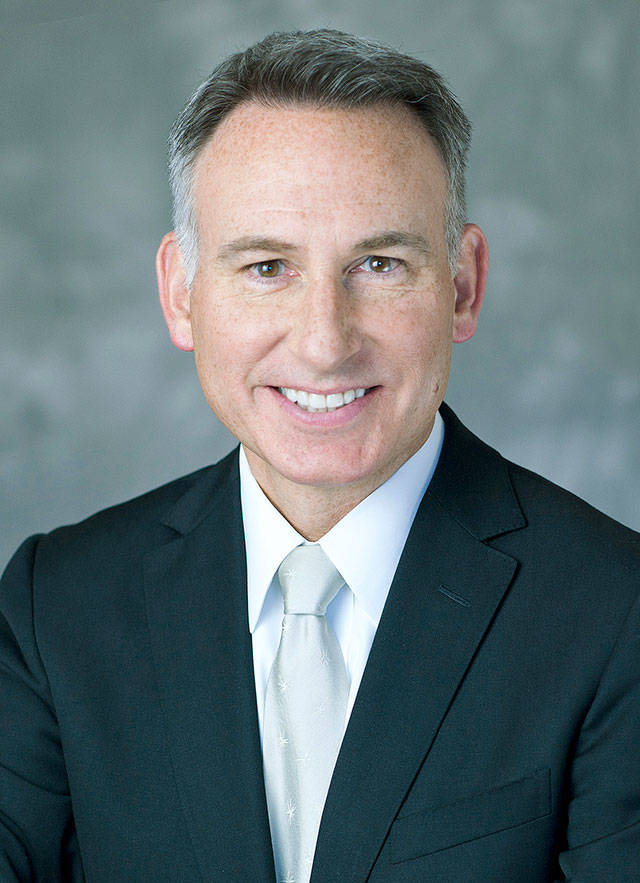As part of King County’s commitment to reduce traumatization of youth in detention, eliminate racial disparities in the juvenile justice system and advance the goal of zero youth detention, Executive Dow Constantine directed a multi-departmental team under the oversight and direction of Public Health – Seattle & King County to draft a proposal reorganizing juvenile detention services.
In addition, Constantine announced Thursday that King County will contract with a third-party validator, New York-based Vera Institute of Justice, to review its juvenile detention policies and practices, and recommend potential reforms.
“By adopting a public health approach, we limit the traumatization of youth in detention, and ensure families have access to supports and services in the community,” Constantine said in a news release. “Our Juvenile Detention officers have embraced restorative justice, and they understand the challenges of adolescence. This executive order directs a comprehensive process with input from our officers and others to make a successful transition to Public Health, so that we can fully take advantage of all available resources and strategies to make a difference in the lives of our young people.”
The reorganization proposal will be created with input from the Juvenile Justice Equity Steering Committee, the Children and Youth Advisory Board, criminal justice systems partners, and other community stakeholders. It will also identify potential labor impacts and other considerations.
A fiscal analysis will be developed prior to the 2019-2020 budget proposal.
Currently, the Department of Adult and Juvenile Detention oversees operations at the Youth Services Center on East Alder Street in Seattle.
Juvenile Detention has always employed a multi-disciplinary approach to delivering services to youth. Ninety-eight percent of the 131 current staff involved with the Youth Services Center have a college degree and extensive training. Staff will remain consistent in any potential reorganization, which will create the systems, services, and programs to support safe communities and the lifelong well-being of youth.
The young people who enter detention face a range of challenging life experiences and most will return to their communities in a matter of days. The Public Health approach will build on the promising efforts underway to transform Juvenile Detention into an environment that limits further traumatization, promotes resilience, and ensures youth and their families have access to needed supports and services. This approach ultimately leads to better life success for youth and safer communities.
Public Health and its partners will be working with community and system partners toward the best possible environment and services for youth in detention. For example, Public Health’s system and community partners will support training of staff to work with youth in detention, expanding innovative programs and alternatives to detention, and ensuring that the transitions out of detention are linked to an overall plan for each youth’s success.
In addition, multiple professional service providers and volunteers deliver services in association with the facility including:
• 910 volunteers
• 40 professional service providers (school, library, health clinic, chaplain)
• 30 from the Michael Bennett Foundation, Pearl Jam and the Seattle Seahawks
• 106 worship service volunteers
Talk to us
Please share your story tips by emailing editor@kentreporter.com.
To share your opinion for publication, submit a letter through our website https://www.kentreporter.com/submit-letter/. Include your name, address and daytime phone number. (We’ll only publish your name and hometown.) Please keep letters to 300 words or less.

